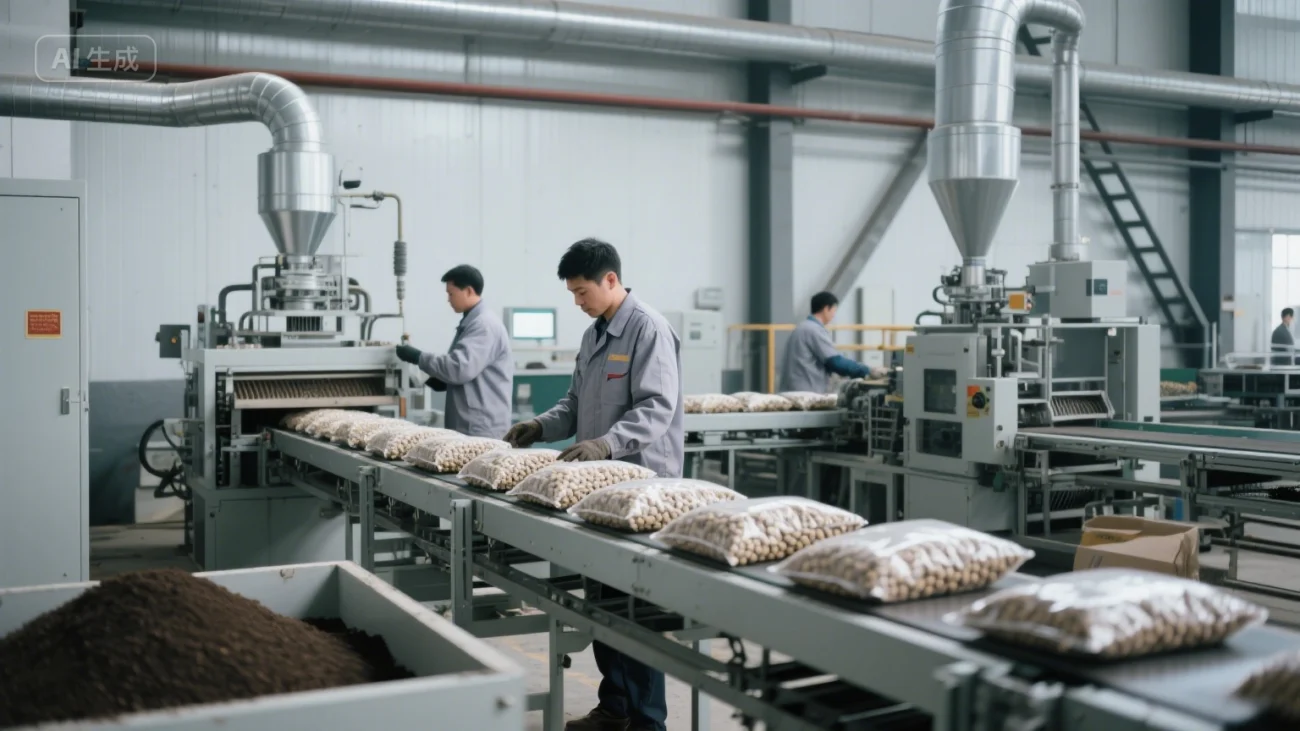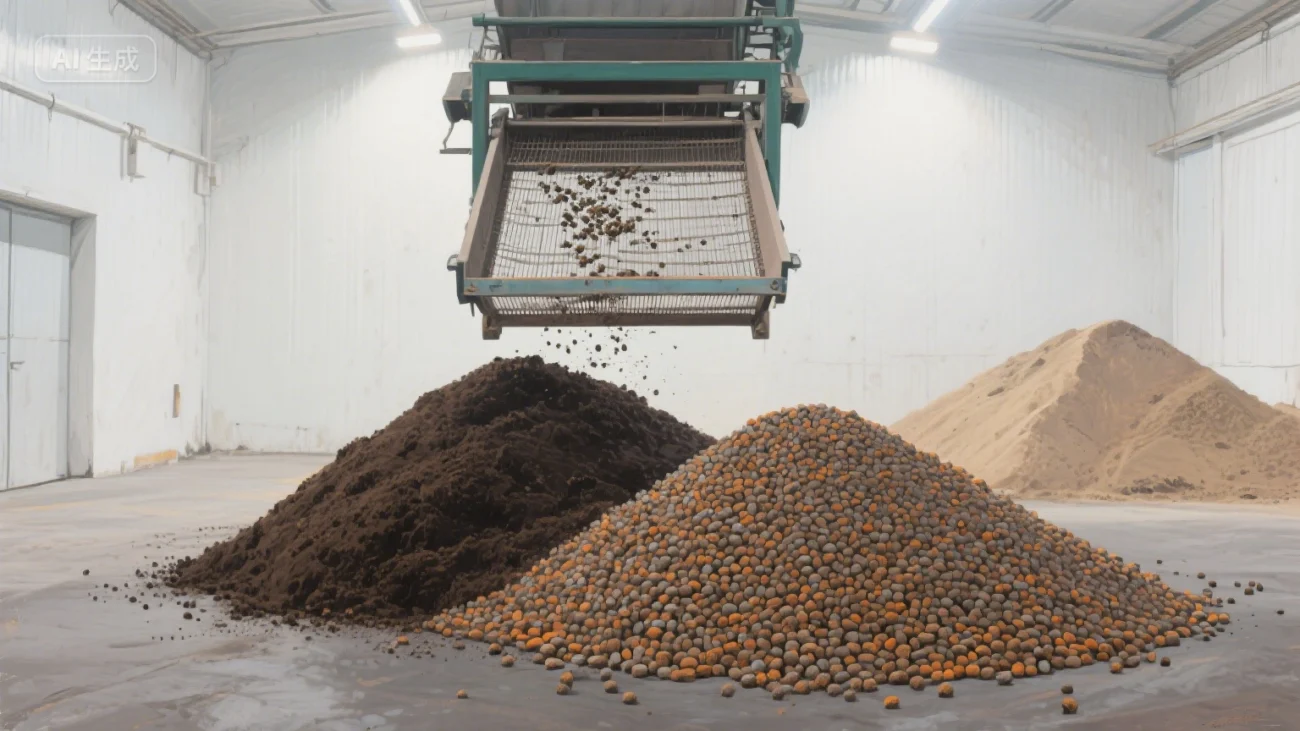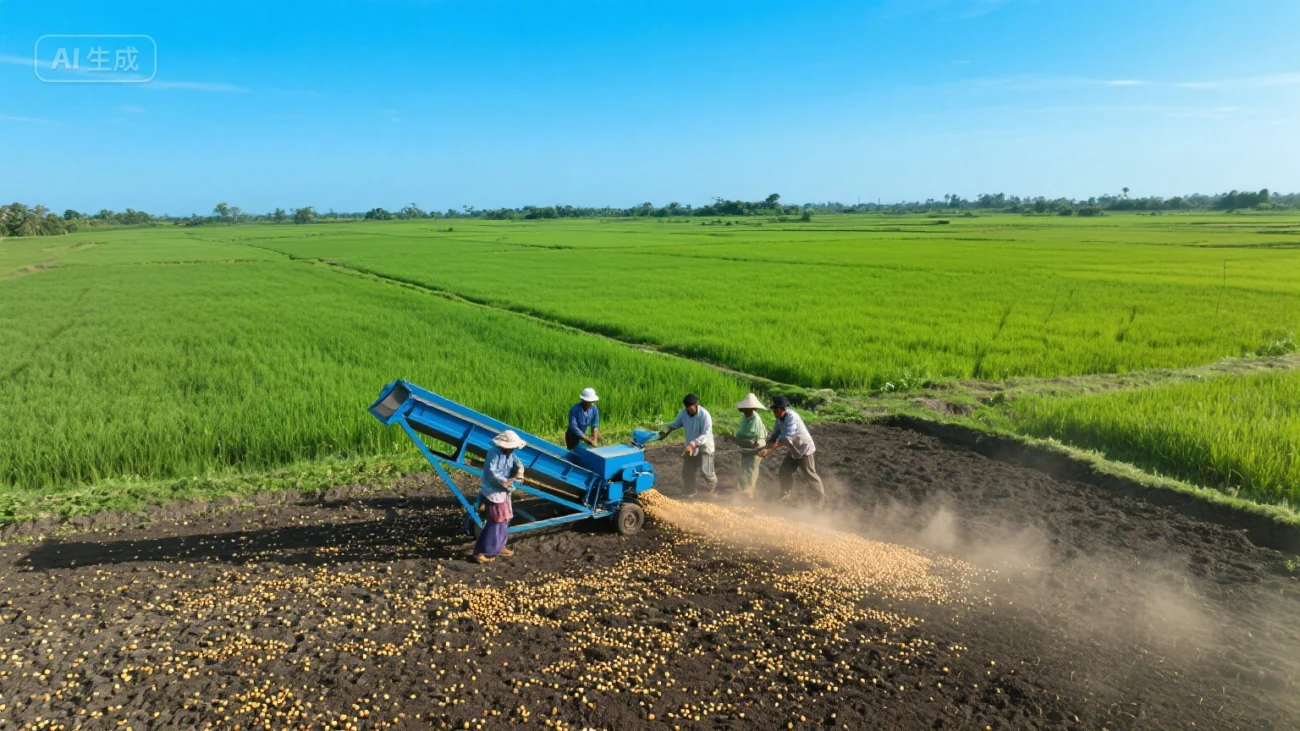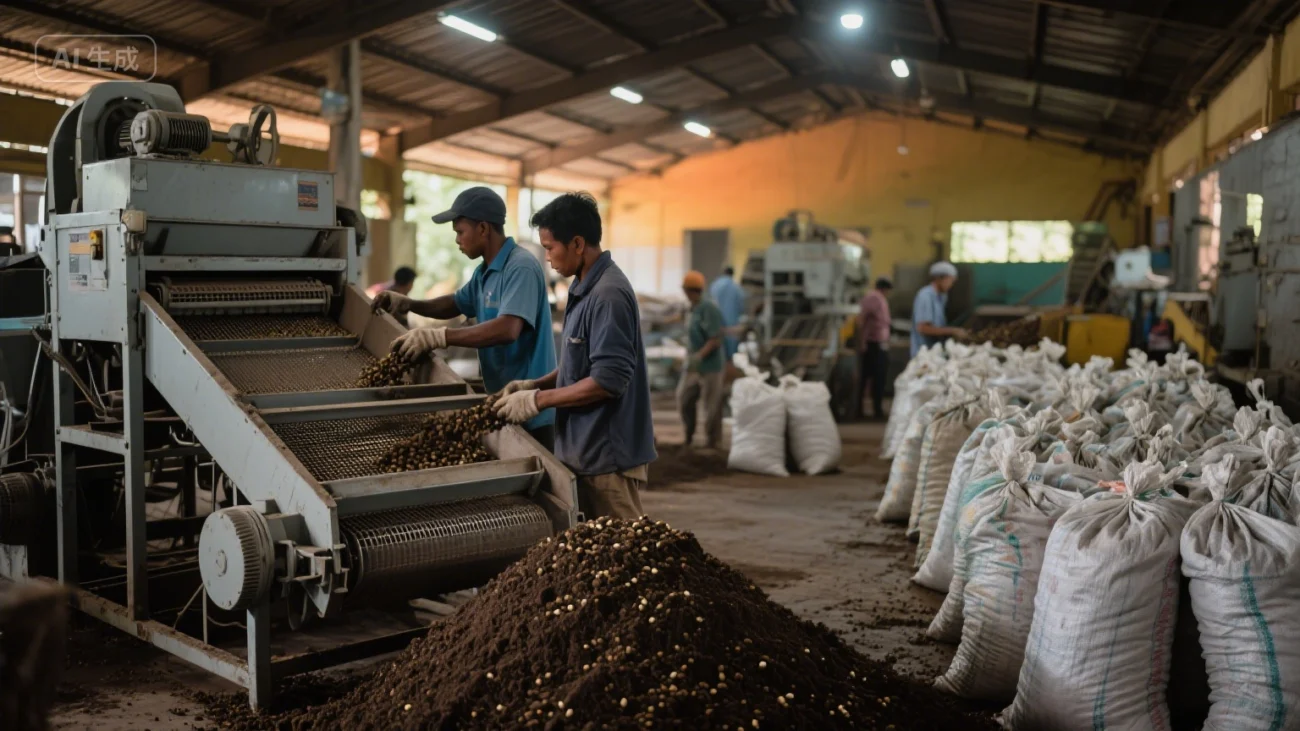The Imperative of Granule Consistency in Organic Fertilizer Production

In the realm of sustainable agriculture, Indonesia’s rapid adoption of organic practices has magnified the importance of product consistency, especially in the realm of granular fertilizers. The agronomic performance of organic fertilizers is largely dependent on the uniformity of their particle size. This fertilizer granule uniformity directly influences nutrient dispersion, soil absorption, and the mechanical efficiency of application tools. Irregularly shaped or unevenly sized granules impede these factors, causing localized nutrient saturation, leaching, or even mechanical failure in spreaders. Thus, the calibration of granular properties is no longer a superficial consideration; it is a functional imperative.
Uniform granule size also ensures better flowability and packaging integrity, essential in the context of Indonesia’s humid climate. Moisture-sensitive organic pellets are more likely to agglomerate or degrade if not properly processed, and inconsistencies in granule size exacerbate these risks. The heterogeneity within a batch not only undermines product quality but also diminishes brand credibility in a growing export market that increasingly scrutinizes fertilizer certifications and performance metrics. It is in this environment that advanced screening technologies are redefining organic fertilizer standards across the Indonesian archipelago.
The Role of Vibrating Screens in Modern Agricultural Processing

As the demand for efficient sorting and separation mechanisms intensifies, vibrating screen for organic fertilizer technologies have emerged as the linchpin in post-production processing. These machines are not merely mechanical sifters; they represent a convergence of vibrational physics, material science, and agricultural engineering. By leveraging oscillatory motion and varied mesh configurations, vibrating screens can effectively stratify compost-derived granules based on size, density, and moisture content.
A robust vibrating screen machine for compost granules in agriculture facilitates stratification through controlled frequency and amplitude modulation, enabling the selective segregation of suboptimal particles. This filtration ensures that only particles conforming to desired dimensional parameters progress to packaging, thus elevating the overall fertilizer granule uniformity. Additionally, multi-deck systems allow for the simultaneous classification of multiple size ranges, enhancing throughput and minimizing waste.
Indonesia’s decentralized fertilizer production model, dominated by small and medium-sized enterprises (SMEs), makes scalable screening solutions particularly salient. Local manufacturers are increasingly opting for modular and energy-efficient models that can adapt to variable production volumes and raw material inconsistencies. The deployment of these technologies aligns with the national vision of fostering innovation in agro-industrial operations and mitigating environmental impacts through process optimization.
Impacts on Indonesia’s Organic Agricultural Ecosystem

The mechanization of screening processes has tangible implications for Indonesia’s organic agricultural landscape. Organic farming practices across Java, Sumatra, and Sulawesi depend heavily on localized fertilizer input, often derived from composted biomass and animal waste. However, without standardized processing, these organic inputs suffer from quality variability, undermining the effectiveness of organic soil enhancement.
Modern organic farming machinery Indonesia incorporates high-performance vibrating screen units as an integral part of the fertilizer production chain. These machines not only refine the physical quality of the end product but also support regulatory compliance in both domestic and international markets. With Indonesia targeting increased organic certification under SNI (Standar Nasional Indonesia), the integration of precision screening tools contributes to meeting these rigorous benchmarks.
Moreover, the use of vibrating screen for organic fertilizer technologies enhances traceability and batch consistency, essential for farmers employing precision agriculture techniques. In regions transitioning from chemical-intensive practices, the ability to deliver uniform, contaminant-free organic pellets is critical. These advancements help bridge the technological divide between conventional and organic systems, offering a viable path for farmers navigating both agronomic and commercial transitions.

The environmental ramifications are equally profound. Efficient granule screening reduces the prevalence of dust and fines, which are often sources of particulate pollution and respiratory hazards in rural processing environments. By producing uniform and dust-free granules, manufacturers contribute to safer handling and storage conditions. This is particularly significant in tropical regions where microbial growth and chemical reactivity are amplified by high humidity and temperature levels.
Fertilizer granule uniformity, enabled by state-of-the-art vibrating screen for organic fertilizer systems, is rapidly becoming a hallmark of product quality in Indonesia’s green revolution. Through the adoption of organic farming machinery Indonesia and the widespread application of vibrating screen machine for compost granules in agriculture, stakeholders are fostering a more efficient, sustainable, and globally competitive organic sector. This technological shift not only enhances agronomic performance but also fortifies Indonesia’s commitment to ecological stewardship and rural industrialization.
